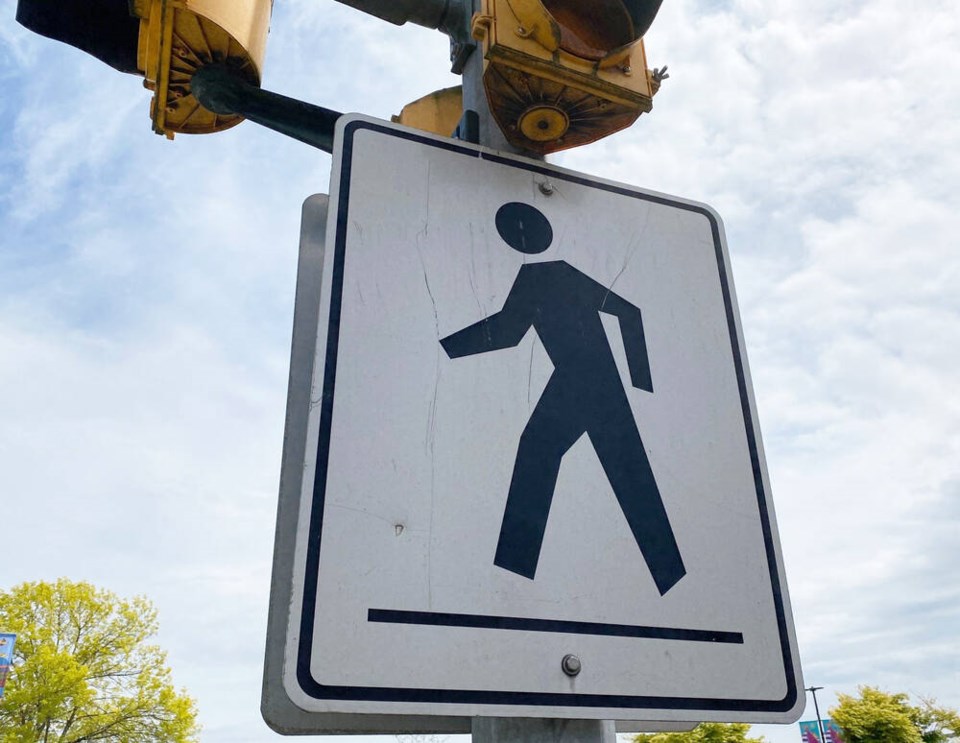The BC government has announced more funding being handed out as part of the province’s Vision Zero in Road Safety Grant program.
Aimed at improving local road safety, as well as making active transportation more accessible, more than $1 million in grants have been distributed to 59 B.C. communities.
Projects include improved crosswalk infrastructure, traffic calming, speed-limit reduction pilot projects, speed-reader boards and improved lighting, road-safety planning and more.
The funding is provided through regional health authorities to local governments, Indigenous communities and governments and non-governmental organizations, such as school districts and road safety advocacy groups, to support them to plan and implement projects.
In Delta, Gibson Elementary School’s Active School Travel Committee received $14,000 for a project to encourage active school travel compared to driving. The project will see a dedicated staff member lead walking to the school bus with the students alongside secondary school student volunteers and parent volunteers to and from school.
The Tsawwassen First Nation received a $20,000 grant to improve pedestrian safety and connectivity, which will include traffic calming measures.
Meanwhile, the City of Delta has already embarked on its own Vision Zero strategy.
Vision Zero is a multi-national road traffic safety project that aims to achieve a road system with no fatalities or serious injuries.
One of the key differences between Vision Zero and traditional approaches to road safety is that traffic collisions are considered preventable, viewing safety as a shared responsibility between system designers, policy makers and road users.
Delta council last month heard a presentation from a consultant and Delta Police Chief Neil Dubord on the next steps for the city.
Council was told that since 2016, on average, 22 people are killed or seriously injured on Delta roads.
Some of the other stats presented included 65 per cent of all collisions are occurring at intersections while heavy trucks, despite accounting for just three per cent of vehicular traffic, account for 12 per cent of accidents involving someone being killed or seriously injured.
Vision Zero is to, hopefully, reduce that number, as well as improve connections to schools and community services and address the needs of older adults and vulnerable road users.
The city is to develop a holistic and strategic road safety approach, which includes stakeholders and community partners. The city has begun undertaking community outreach and engagement and will put together a special stakeholder group.
A plan is to be approved for implementation by 2024.



